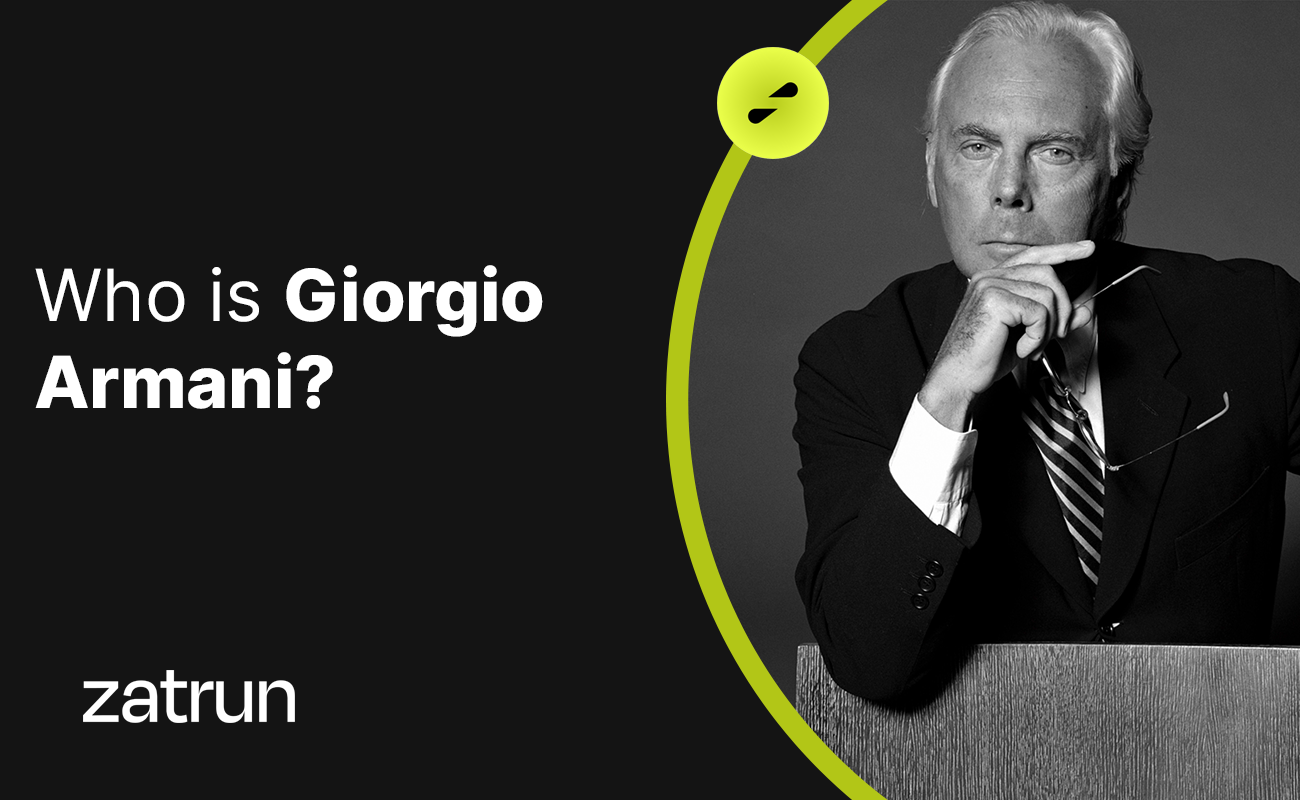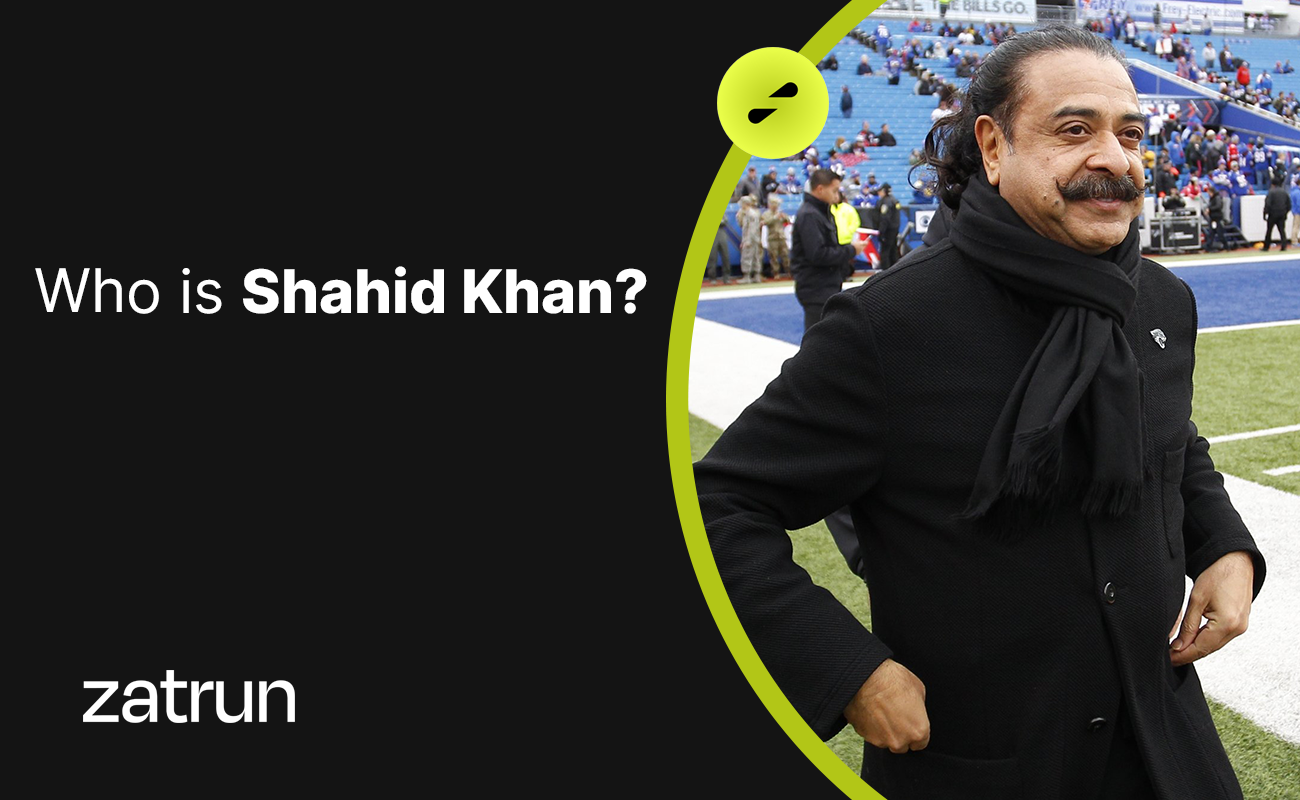Manmohan Singh is widely regarded as one of the most influential and respected leaders of India. He served as the Prime Minister of India from 2004 to 2014, leading the United Progressive Alliance (UPA) coalition government. He is also the first and only prime minister to be re-elected after completing a full five-year term. But before he became the prime minister, Manmohan Singh was already a renowned economist and policymaker.
Singh played a pivotal role in liberalizing the Indian economy in the early 1990s, when he was the finance minister under P.V. Narasimha Rao. He introduced several reforms that opened the Indian market to foreign investment, reduced trade barriers, deregulated industries, and curbed inflation. These reforms are credited with ushering in a new era of economic growth and development in India. If you are interested in learning more about him, check out the sub-titles in this article on Zatrun.com.

Who is Manmohan Singh?
Manmohan Singh was born on September 26, 1932, in Gah, a village in Punjab province of British India (now in Pakistan). He lost his mother at a young age and was raised by his paternal grandmother. He studied at Panjab University in Chandigarh and the University of Cambridge in England, where he earned a bachelor’s and a master’s degree in economics. He then went on to study at the University of Oxford, where he obtained his PhD in economics.
Singh began his career as an academician, teaching at various universities and institutions in India and abroad. He also worked as an economist for the United Nations from 1966 to 1969. He entered public service in 1971, when he was appointed as an advisor to the Ministry of Commerce and Industry by then minister Lalit Narayan Mishra.
He rose through the ranks of bureaucracy, holding various positions such as the chief economic advisor, the secretary of finance, the governor of the Reserve Bank of India, and the deputy chairman of the Planning Commission.
His Political Career
Singh’s political career took off in 1991, when he was appointed as the finance minister by then prime minister P.V. Narasimha Rao. He is widely credited with introducing a series of economic reforms that liberalized and modernized India’s economy, which was facing a severe balance of payments crisis at that time. He devalued the rupee, lowered taxes, privatised state-owned enterprises, and encouraged foreign investment. These reforms helped India achieve high growth rates and reduce poverty.
Singh joined the Indian National Congress party in 1991 and became a member of the Rajya Sabha, the upper house of Parliament. He served as the leader of opposition in the Rajya Sabha from 1998 to 2004. In 2004, he became the prime minister after the Congress-led UPA coalition defeated the Bharatiya Janata Party (BJP)-led National Democratic Alliance (NDA) coalition in the general elections. Sonia Gandhi, the president of Congress and widow of former prime minister Rajiv Gandhi, declined to take up the post and nominated Singh instead.
As the prime minister, Manmohan Singh pursued peace with neighbouring Pakistan and improved relations with other countries such as the United States, China, Russia and Iran. He signed a landmark nuclear cooperation pact with U.S. President George W. Bush in 2005 that gave India access to nuclear fuel and technology on the world market. He also initiated several missions and agencies such as the National Health Mission, National Investigation Agency and Iran–Pakistan gas pipeline.

Singh’s Academic Contributions and Awards
Manmohan Singh is regarded as one of India’s most eminent economists and scholars. He has written extensively on various aspects of economic theory and policy, such as international trade, public finance, monetary policy, industrial development, rural poverty, social welfare, and environment. Some of his notable publications include:
- India’s Export Trends and Prospects for Self-Sustained Growth (1964)
- Growth Economics: Selected Readings (1970)
- The New International Economic Order: An Overview (1983)
- The Challenge Before Us: A Policy Agenda for India’s Future (1996)
- India’s Economic Reforms: A Progress Report (1998)
- The Future of Globalization: A South Asian Perspective (2002)
Singh has also received several awards and honours for his academic contributions, such as:
- Padma Vibhushan, India’s second highest civilian award (1987)
- Adam Smith Prize, awarded by Cambridge University for outstanding performance in economics (1956)
- Jawaharlal Nehru Birth Centenary Award for Distinguished Service to Education (1995)
- Doctor of Laws (honoris causa) by several universities around the world
- Fellow of various prestigious institutions such as the British Academy, the American Academy of Arts and Sciences, and the Econometric Society
Manmohan Singh’s Legacy
Manmohan Singh is still viewed as the cleanest politician in India who earned a reputation as a man of great personal integrity. He is also respected as a scholar and a political leader who led India through a period of rapid economic growth and social development. However, he also faced criticism for being too soft and silent on various issues such as corruption scandals, policy paralysis, inflation, communal violence, and foreign policy challenges.
His second term as prime minister was marred by allegations of corruption and mismanagement by his coalition partners and his own party members. He stepped down in 2014 after his party lost the general elections to Narendra Modi’s BJP.
Manmohan Singh remains an influential figure in Indian politics and public life. He continues to serve as a member of the Rajya Sabha from Rajasthan since 2019. He also writes and speaks on various topics such as economics, democracy, secularism, and global affairs.












